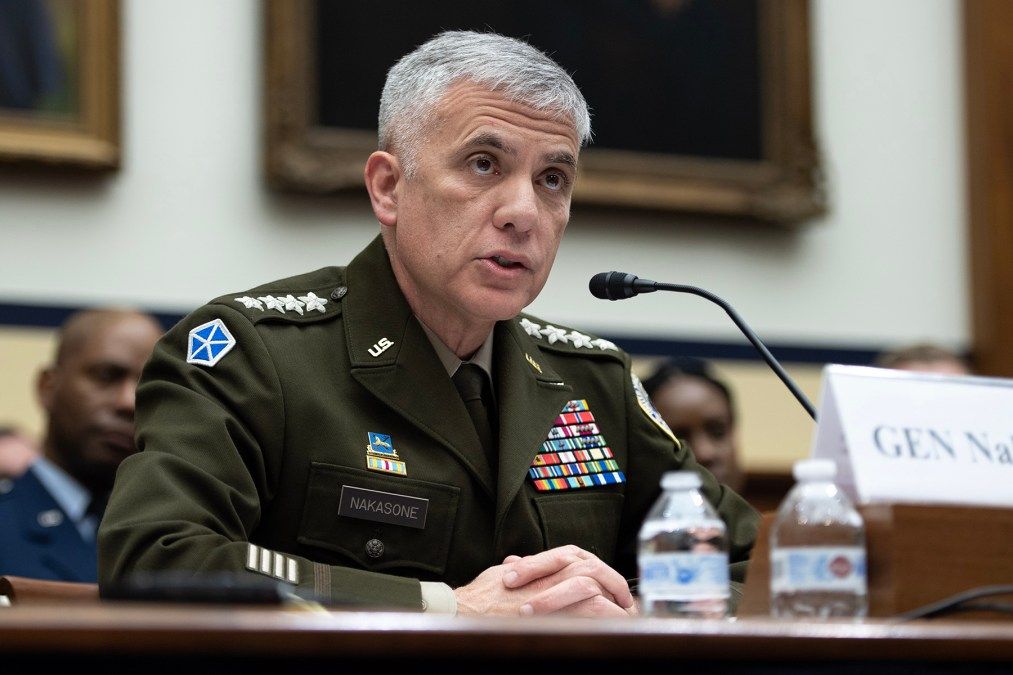The NSA Initiates AI Security Center amid Increasing Threats from China and Russia
The National Security Agency (NSA) has announced the establishment of an Artificial Intelligence Security Center, aiming to intensify the fortification of U.S. defense and intelligence systems against the evolving threats from countries like China and Russia. This strategic move is a response to the proliferating incorporation and development of

The National Security Agency (NSA) has announced the establishment of an Artificial Intelligence Security Center, aiming to intensify the fortification of U.S. defense and intelligence systems against the evolving threats from countries like China and Russia. This strategic move is a response to the proliferating incorporation and development of AI capabilities in U.S. defense mechanisms.
The United States' AI Advantage
U.S. Cyber Command Commander Gen. Paul Nakasone emphasized that while the U.S. presently holds an advantage in AI, it is crucial that this lead is not overlooked or underestimated. Nakasone highlighted the mounting threat from China, particularly in its augmented cyber operations targeting U.S. and its allied institutions.
Strengthening AI Security
The AI Security Center, which will be integrated into the NSA’s Cybersecurity Collaboration Center, is poised to collaborate with private industry and international partners. It is established to counter the escalating threats from adversaries and to safeguard the U.S. defense-industrial base, primarily against the antagonistic advances led by China and Russia.
Human-Centric Decision-Making
Nakasone underscored the crucial role AI plays in U.S. intelligence and defense agencies, aiding in the automation of analyzing threat vectors and alerts. However, he stressed the importance of human-centric decision-making processes, stating, “AI helps us, but our decisions are made by humans… decisions will be made by humans and humans in the loop.”
Collaborative Efforts and Partnerships
The AI Security Center will function as the NSA's nexus for exploiting foreign intelligence insights and will be instrumental in formulating best practices, principles, evaluation methodologies, and risk frameworks pertinent to AI security. It will engage collaboratively with U.S. industries, national labs, academic institutions, the Department of Defense, and international partners, focusing on endorsing secure development and assimilation of AI within national security systems and the defense industrial base.
Implications on National Security
The establishment of this center is crucial, especially with the emergence of generative AI technologies that harbor the potential for transformative implications, both beneficial and detrimental. An NSA study has previously identified securing AI models from theft and sabotage as a paramount national security challenge.
Proactive Defense Mechanisms
The enhanced focus on AI security comes at a time when reports suggest increased cyber operations by China, aimed at disrupting military communications and targeting various entities supporting militaries. The U.S. and its allies remain vigilant and proactive, seeking to deter any potential attempts to influence forthcoming elections and other significant events, emphasizing international collaboration to thwart such endeavors.
Leadership Transition
Gen. Paul Nakasone, who has been leading the NSA and the U.S. Cyber Command since May 2018, will be succeeded by Air Force Lt. Gen. Timothy Haugh. The role encapsulates the responsibility for overseeing U.S. cyber defense and offense strategies and the collection of signals intelligence through telecommunications surveillance.
Conclusion
The inception of the AI Security Center marks a pivotal stride in reinforcing the United States' defense mechanisms against the evolving landscape of threats, predominantly from China and Russia. It symbolizes a harmonized effort to secure and leverage AI, ensuring the U.S.'s continued advantage in this domain. The collaborative approach, integrating insights from diverse sectors and international partners, is reflective of the comprehensive strategy adopted to navigate the complexities and challenges posed by advanced AI technologies in the realm of national security. The focus remains on maintaining human-centric decision-making processes, amidst the integration of advanced AI, to safeguard national interests and security against the multifaceted threats emerging in the cyber domain.




